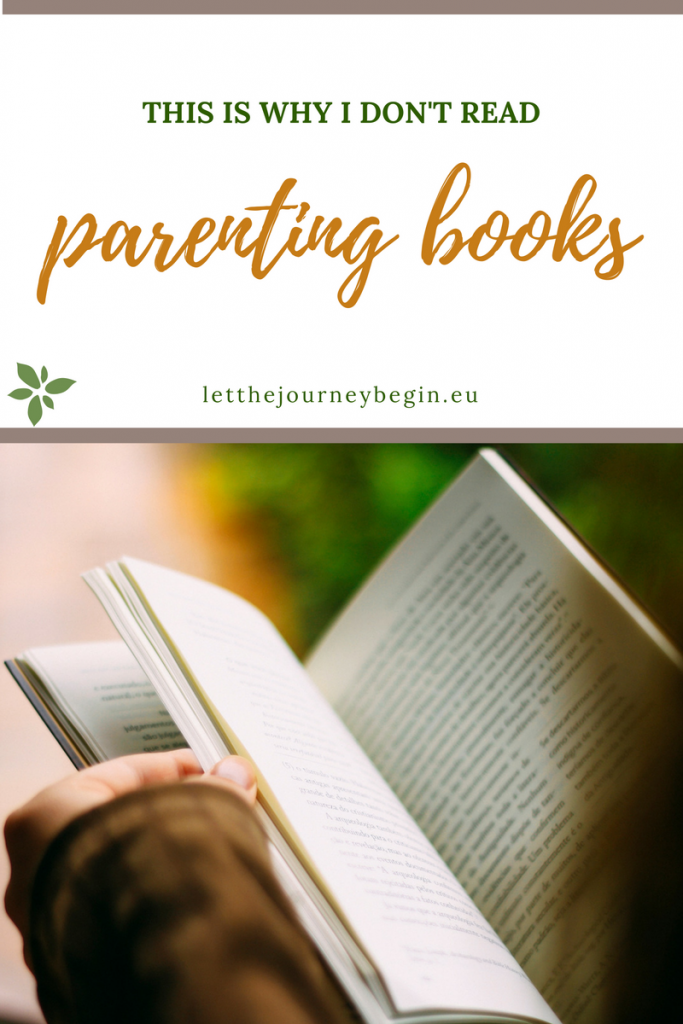Around 13 years ago, when I first started studying sociology, it didn’t take me long to figure out one thing: I don’t like grand theories. Sure, they can be useful when you’re trying to explain how the society functions as a whole, but they always overgeneralize and tell you very little about how people think and act in their day to day lives.
Around 3 years ago, when I found out that I’m about to become a parent, I quickly realized another thing: I don’t think much of parenting philosophies – the grand theories of child-rearing – either. I’m sure most of you have heard the labels of at least a few of these philosophies represented in countless parenting books and internet sites. Attachment parenting, autoritative parenting, free-range parenting, conscious parenting, positive parenting, RIE parenting, and so on.
Most of these so-called philosophies have a set of beliefs and goals, they tell you exactly how to raise your kids, citing some science to back it all up. And I can understand their allure. Raising a child often means having more questions than answers and it can be so reassuring to rely upon a “parenting bible” that tells you exactly how to navigate the day to day chaos.
But is it possible that reading too many parenting books can make your life more complicated instead of making it easier?

My problem with the so-called parenting philosophies presented in so many parenting books and internet sites is five-fold:
1. They give unnecessary labels
Does constant babywearing make you an attachment parent or a conscious choice not to a RIE parent? Does letting your kids roam the neighborhood by themselves make you a free-range parent or being extremely engaged in your child’s life a helicopter parent? At the end of the day do these labels really matter as long as that what you’re doing works for your family?
2. They lead to preconceptions
As I have learned in a decade of studying sociology, we humans are prone to selective observations and over-interpreting. Often we notice something only because we’re looking for it. If your child has skipped a nap you may interpret their every action as a sign of over-tiredness. If your baby is fussy after trying cow’s milk for the first time, you may decide that they’re sensitive against lactose. In a similar vain, reading one too many parenting books can easily lead to to creating preconceptions about your child’s behavior that may be completely false.
3. They narrow down possibilities
I may be wrong but, to me, subscribing to one parenting philosophy means limiting your choices. Why should I choose between a crib and co-sleeping, baby-led-weaning and baby purees, being closely involved and giving them independence? After all, that what suits us best as a family changes depending on circumstances.
4. They lead to judgement
As demonstrated by the countless social media “mommy wars” we are often too quick to judge one another. Helicopter parents are hovering too much. Free-range parents are neglectful. RIE parents are too keen to treat their babies as mini-adults. Attachment parents overindulge their child’s needs. All these labels just serve to pass judgement on others or, worse, makes us judge ourselves. Which brings me to the final point.
5. They make parents believe that they failed
What if you want to be the perfect attachment parent but your baby prefers the stroller? What if you decide to be a libertarian parent but have a child that thrives when given clear boundaries and discipline? I believe that we should focus less on what a certain parenting philosophy prescribes and more on what best fulfills the needs of our children and our families.
Should you skip the parenting books?
As a friend of mine once said: there is no right approach to parenting, just the approach that fits to your child. So how about forgetting about all the parenting books and the internet sites, the different philosophies, and the labels that come with them?
If you take the time to observe YOUR child, approach them with empathy and patience, and are (reasonably) consistent in your words and actions from one day to the next, you’ll likely be just fine without a parenting “grand theory”. If that’s not working, well perhaps a book or two can give you a fresh perspective and inspire you to try out something new.
Do you enjoy reading parenting books? Am I missing out by dismissing them? Let me know in the comments!
